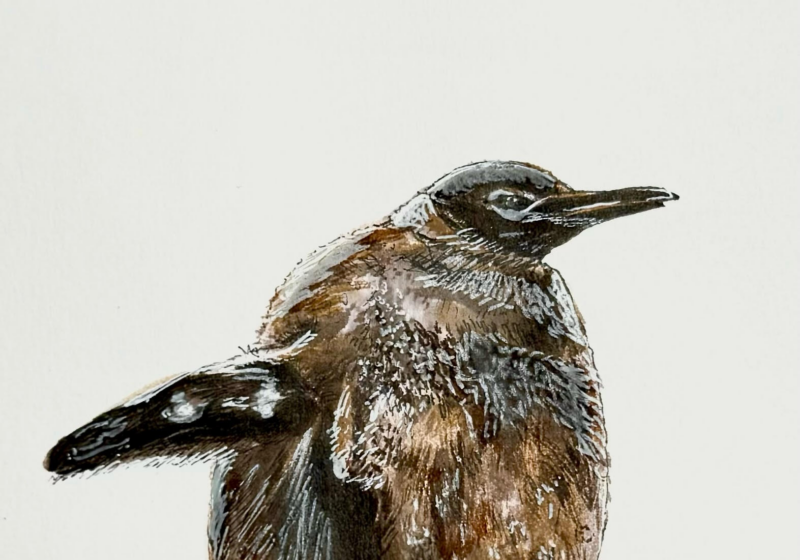In a lengthy dispute at a neighboring college, Monroe Community College student Trulie Nobis has sparked debate over performing animal dissection in a human anatomy course at MCC.
For Nobis, it is not an ?animal rights? concern, but rather an issue of religious discrimination.
Nobis said she has religious objections to animal dissection, and therefore she believes MCC is discriminating against her by not allowing her to use a non-animal alternative in a biology course that requires animal dissection.
?I?m willing to go as far as I need to go to uphold my rights,? she said.
Nobis has a lawyer lined up in case the situation lands in a courtroom.
However, it appears that MCC may resolve the situation without a lawsuit.
?MCC is currently trying to come up with a deal for me. I have yet to get it in writing,? Nobis said. ?I suspect that their position will be changed and that they will be accommodating conscientious objectors in the future.?
Nobis had been pressuring MCC for weeks to offer her an alternative, but it was not until the past week that the college began to consider accepting alternatives to dissection, she said.
Nobis unsuccessfully filed a formal grievance against MCC?s biology department, biology department chair, dean of health, science and business departments, and the Biology 142 course instructor.
In a written statement, MCC said, ?At MCC, our faculty ? who are experienced in their fields and active in their professional organizations ? have endorsed the academic merit of dissection and included it in certain courses.?
Individual faculty members declined to comment.
MCC offers lower-level human anatomy courses that do not include a dissection component, but the class in question, Biology 142, is a required course for Nobis?s health professionals program.
College campuses have always been a hot spot for debates regarding animal dissection since the start of the animal rights movement in the 1970s.
Last spring, UR had a similar situation in which Class of 2000 graduate Olive Eckstein expressed personal concerns about participating in some of the lab work for a neurobiology class, department chair Ernest Nordeen said.
After discussing her situation with the professor, however, it was agreed that she would be able to complete the course since students worked in teams during labs and are thus unable to perform all parts of the lab work.
Both parties agreed that if there was a particular procedure that she did not want to perform, her lab partner would do it.
?It was an accommodation for her, but not an exception,? Nordeen said.
However, UR students won?t always have a lab partner to rescue them. For these students, Nobis recommends finding an internal connection to the administration before waging a war.
?As an outsider to their system, I had no way of knowing what should be done and who should be addressed,? she said.
Nobis recommends reading Gary Francione and Anna Charlton?s book, ?Vivisection and Dissection in the Classroom: A Guide to Conscientious Objection,? which talks about constitutional rights and Supreme Court decisions.





